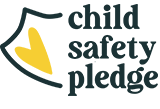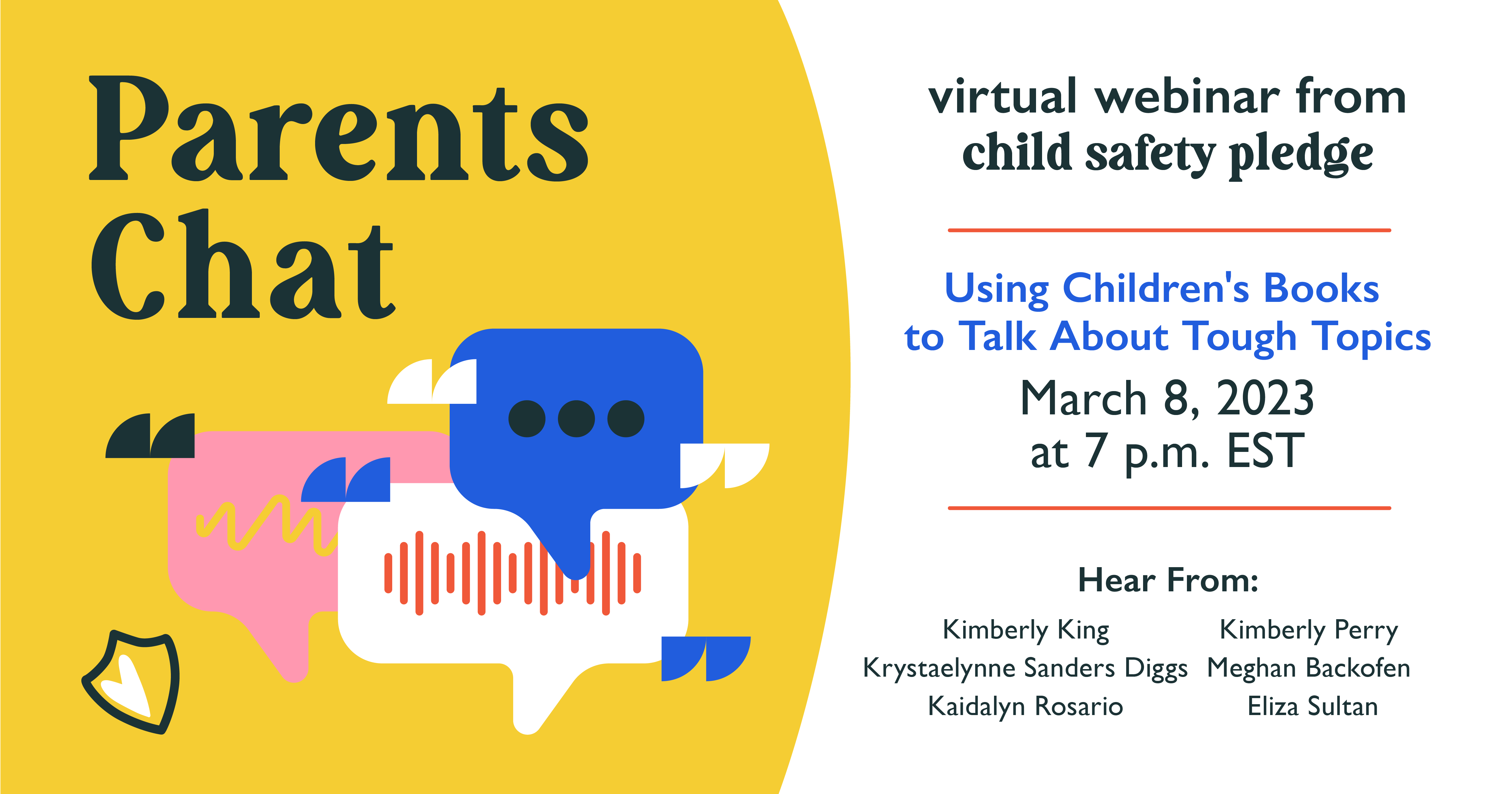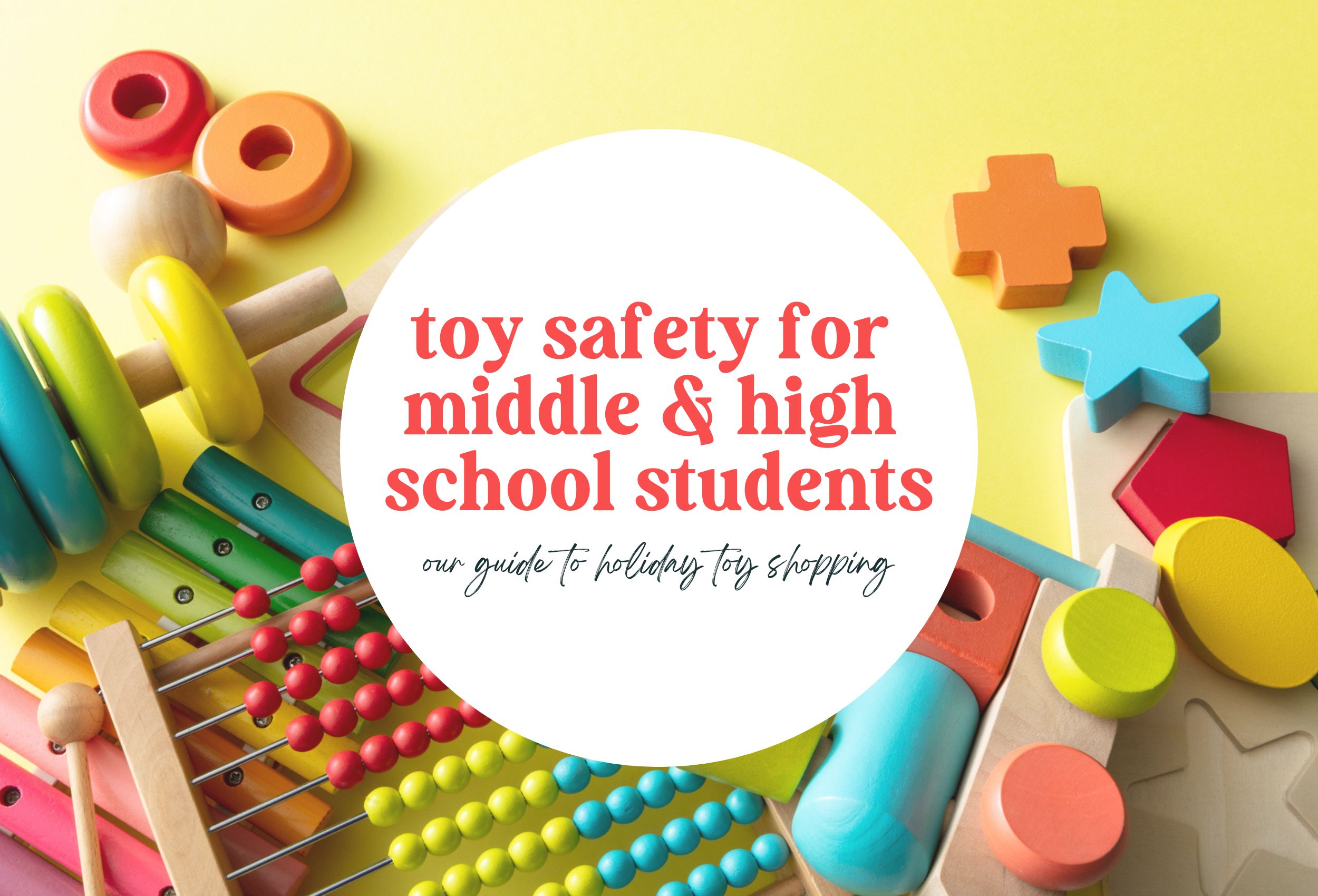As a parent, there is nothing more painful than when your child is hurting. When our kids are little, they look to us to “kiss the boo-boo” and “make it all better”. But what happens when we can’t? When the hurt is too big, the situation too serious, or the circumstances too beyond our control?
Many of us have our own stories of hurting in childhood. We may have been raised in homes where when we were hurt, we were told not to talk about it or to “suck it up”. Perhaps we may even have believed lies, like that we shouldn’t be upset about it, or that it was our fault. Adults who never addressed childhood hurts often struggle with managing difficult feelings, building healthy relationships, keeping commitments, various addiction issues, and/or maintaining their physical health.
We can do better for our kids. We can do better by seeking support for our kids when they need it.
Mental health treatment may seem a foreign or a Western concept to some. We may feel uncomfortable with the idea. We may worry that seeking help signifies we are bad parents or have done something wrong.
However, when your kid is struggling physically, you take them to the doctor, right? When a kid is struggling emotionally, we need to have that same response. Mental health is equally as important.
You may want to consider mental health treatment for your child if…
- You notice a big change in their mood or behavior;
- They’re having behavioral, social or academic difficulties in school, especially if that’s new for them;
- They’re sleeping or eating too much or not enough;
- They’re acting out, running away from home, or being aggressive;
- They’re depressed, isolating, self-harming, or shutting down;
- They’ve made any expression verbal or otherwise of thinking about harming themself or others.
A pediatrician might be a good place to start, especially if you need a referral. Here are a few definitions of the different types of helpers available:
- A therapist, sometimes called a counselor or clinician, has a master’s degree in psychology, counseling, or social work, and engages a child through talk, play, art, and other interventions. They cannot prescribe medication.
- A psychologist, or PhD, has a doctoral degree in psychology and does work similar to a therapist, can also do psychological and developmental testing. They cannot prescribe medication.
- A psychiatrist has been to medical school and is a MD. Primarily responsible for medication prescription and management.
Mental illness and suicide rates among kids and teens are on the rise all over the country. Let’s work together to protect our kids from long-term suffering by providing them with the support they need, when they need it.
For help finding a provider, see: Find a Child Therapist, Child Psychologist, Child Counselor – Psychology Today
For emergency support, call: 988 Crisis Line
Find more safety tips and resources like this article on Mental Health by visiting our Learning Hub.












Comments are closed.